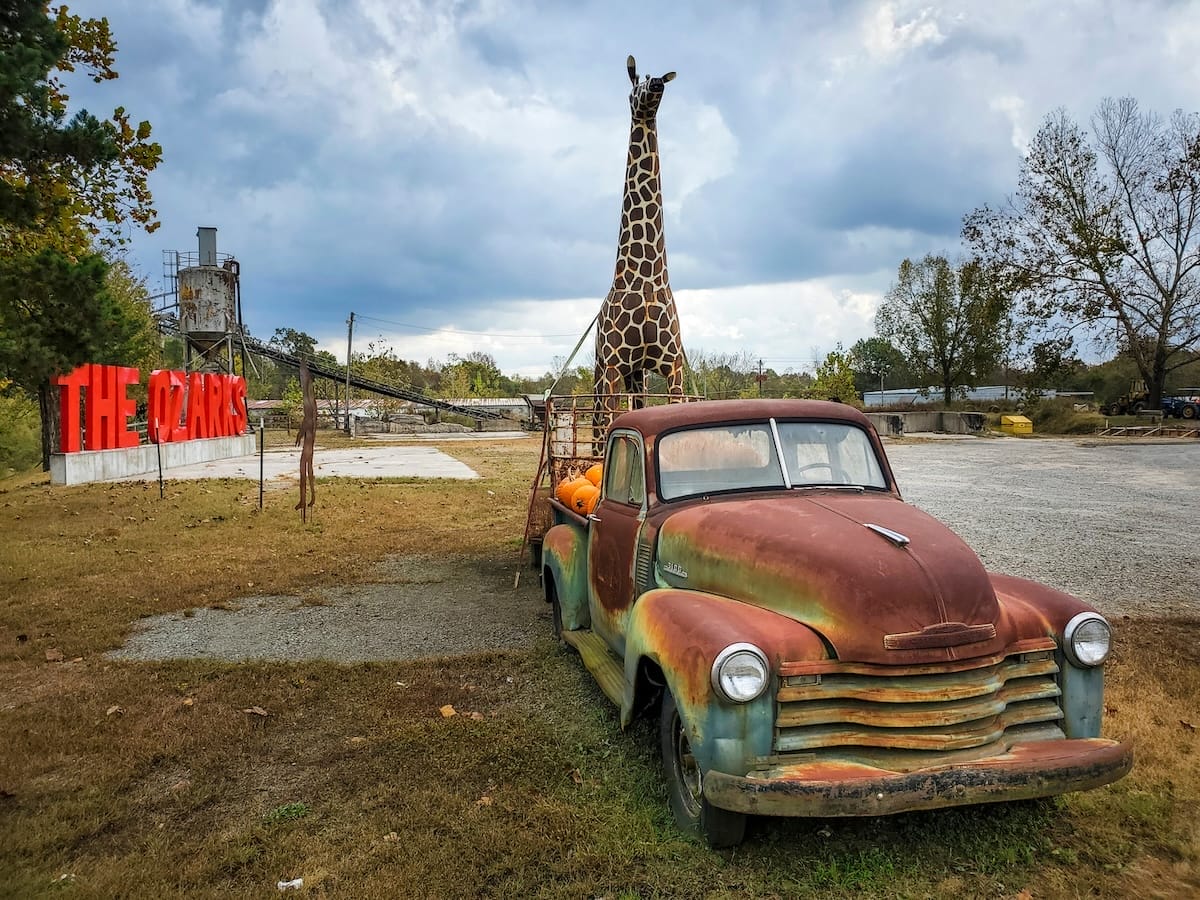

Uh oh...
It appears that you're using a severely outdated version of Safari on Windows. Many features won't work correctly, and functionality can't be guaranteed. Please try viewing this website in Edge, Mozilla, Chrome, or another modern browser. Sorry for any inconvenience this may have caused!
Read More about this safari issue.

November is writer’s month, and we are big fans of supporting Arkansas authors! This month, we got to sit down with Fayetteville-based author Kay Pritchett to learn more about her process, her inspiration, and how we can better support local authors.
For context, Kay met with me in her late 1800s home, which served as inspiration and a home base for her writing projects. The house was in her husband’s family for years, and many of the furnishings around the home are multi-generational family heirlooms. “Pieces that tell stories make a house feel like a home.” This mindset carries over to her written works, where inspiration hides around every corner of Fayetteville and beyond!

About the Author
Pritchett grew up in the Delta, near a melting pot of ethnicities, many of whom descended from early immigrants seeking work and the American Dream. Chinese and Italian families lived in pockets around the town, owning businesses everyone frequented, and their children intermingled at school. At that time, many of the plantations were still active in some regard; tow boat companies lined the river, and a simple life left many opportunities for dreaming.
During her childhood, she remembers her aunt taking her grandmother and two sisters to Mexico. “Those four women got in a car and drove from Mississippi to Mexico City. Can you imagine that image?” Their trip and those stores created an early fascination with Mexico and Latin culture. Pritchett knew she wanted to do whatever she could for a career, to expand her connection to Mexico, and that would most likely involve the Spanish language.
She took four years of Spanish in high school and studied Spanish at Millsaps College. She continued her studies with a master’s and Doctoral degree at the University of North Carolina. During her time there, she received a Fulbright Fellowship and used the opportunity to travel abroad to Spain to complete her dissertation. Her heart was more than tugged toward the country, and she spent the next seven years teaching at the University of Seville.

Getting to Arkansas
After seven years in Spain, it came time to move back to the States.
“If I was ever going back, it felt like the time was right. I applied for several jobs and interviewed with the University of Arkansas in my office in Seville. They hired me without meeting in person, and I moved from Spain to Fayetteville.”
That was 1982, and Pritchett taught many different graduate and undergraduate courses for the next 30 years until her retirement in 2016. Much of her coursework involved teaching Spanish literature classes. In Seville, it was teaching English literature to Spanish-speaking students, and at the University of Arkansas, teaching Spanish literature to Spanish majors.
Throughout her teaching career, two experiences stood out, preparing her for the use of her retirement years to write. Early on, Miller Williams, who worked in the creative writing department at the University of Arkansas and founded the University Press, wanted to translate novels from other languages into English to print through the University Press publishing house. Williams approached Pritchett about her comfort in translating a Bolivian novel into English. She was overwhelmed at the thought. But, her love for Latin culture drove her open-mindedness to try something new. So, she started in.

After completing Chapter 1, she submitted her work before continuing the novel. Williams said, “Thanks, but now it’s time for me to teach you how to translate.” The process of Spanish-to-English translation is not word for word in a novel. You must get inside the author’s mind and think about their intent and how you would say that in English. For a language professor who loves the work of prose and understands literature, it was a labored process.
Pritchett completed two works and decided she was done. However, getting into an author’s mindset sparked something in her, making her think differently about how novels are written, the author’s relationship with characters, and the use of metaphors and descriptive language.
While most of her work was with graduate students, a book used in undergraduate classes helped her better understand the “arch” of a well-formed story.

Teaching this process over and over through her 15 years of teaching the course was so deeply ingrained in her that when it came time to write her own stories, it naturally flowed in building an outline and context for her characters. Several workshops following retirement opened the outline of a handful of characters and short stories that turned into novels. “I’d submit papers for a couple of workshops and each time, I’d hear, ‘This is a great start to a story; I’d like to hear the second chapter.’ Somehow, mysteries kept pouring out of me, so I just kept going.”

The Writing Process
Each author and writer develops their own process of writing. Pritchett is what writers call a “pantser.” She doesn’t outline her story before she begins. She starts writing and develops the characters and the plot twist as she writes. For a planner that was hard for me to think about, but as we continued our conversation, I learned that spontaneity is her gift.

Pritchett pulls from her memories and travels to weave together sweet details that connect the story, introduce and eliminate suspects, and tug at the heart of an Arkansan. So, what does her writing process involve?
- With an established protagonist and the characters in her inner circle, much of the focus for a new novel shifts to new characters and how their mind intersect and interact with the developed characters.
- What is a new part of the town she can introduce? While her main setting, the city of Hembree, is fictional, it’s developed from memories of her childhood in the Delta. Trying to represent different segments of the town is important, and there is no picking on one industry.
- Each story involves a new house in the community. While many homes in her neighborhood serve as inspiration, a few childhood memories bring back images as she remembers them, full of mystery and intrigue.
- While she may not determine the details, she has an outcome or important element on which the story hinges. Sometimes, it’s a creaky porch, a particular character, a lost artifact, or an artificial reaction to something real.
- Once she knows how the mystery gets solved and “who dunnit,” she has to know who did not. And developing 4-5 suspects is her favorite part of the development process.
- Each of these characters has a backstory. How did they get involved, what made them suspicious, and how would they be eliminated from the reader’s mind as the probable contributor?
- While many authors now leave out a “smooth landing” for their novels, it’s still crucial to Pritchett, and she seeks to end her books in equilibrium to the beginning. She likes to know the rest of the story and feels she needs to offer that to her readers.

Supporting Authors
So, how can we support authors and writers and the works they produce?
For authors where writing is their primary source of income, buying a book is the best thing you can do. Authors will write for various reasons, including income and sharing stories. Most authors would encourage you to purchase your book from a local independent bookstore, the people who support authors and build community in the ecosystem among local writers.
However, there are other ways to support authors.
- Pre-order a newly released book and be part of the conversation, creating early buzz.
- Leave a review, especially after a new book is released. Reviews are how stories reach new audiences, especially in the first few weeks after a book launches. Platforms like Amazon and Goodreads help authors spread the word and increase sales.
- Tell other people about great books you read.
- Interact with authors on social media.
- Attend author events, meet & greets and public readings.
- Ask your local library to buy a copy of the book to expose people to the author’s work.
Where can you find Kay Pritchett?
Website | Amazon Store | Facebook
Find recipes inspired by stories in her books.
Other Arkansas authors and books you may enjoy reading:
Book cover artwork provided by and used with permission from Kay Pritchett.
We do the work.
You check your email.
Sign up for our weekly e-news.
Get stories sent straight to your inbox!









Like this story? Read more from Keisha Pittman McKinney
There's something truly special about a summer visit to a dairy bar or...
There's nothing quite like summer in Arkansas, whether you're floating...
From cotton fields to cultural icons, literary legends to civil rights...
Join the Conversation
Leave a Comment